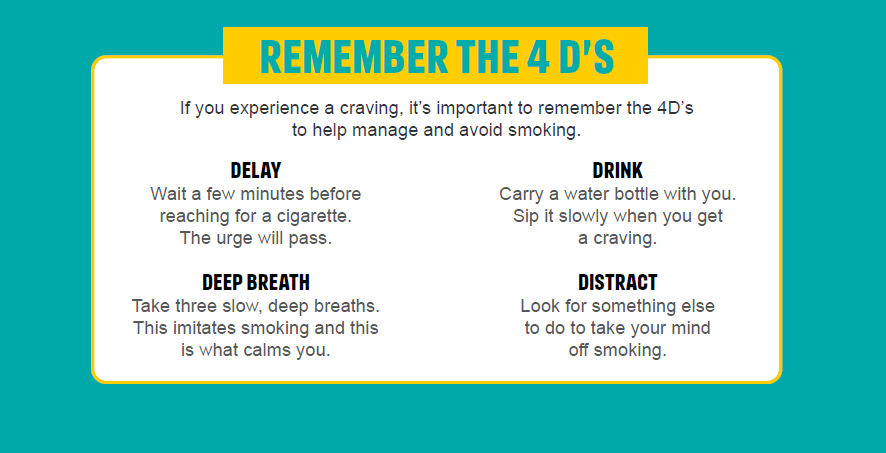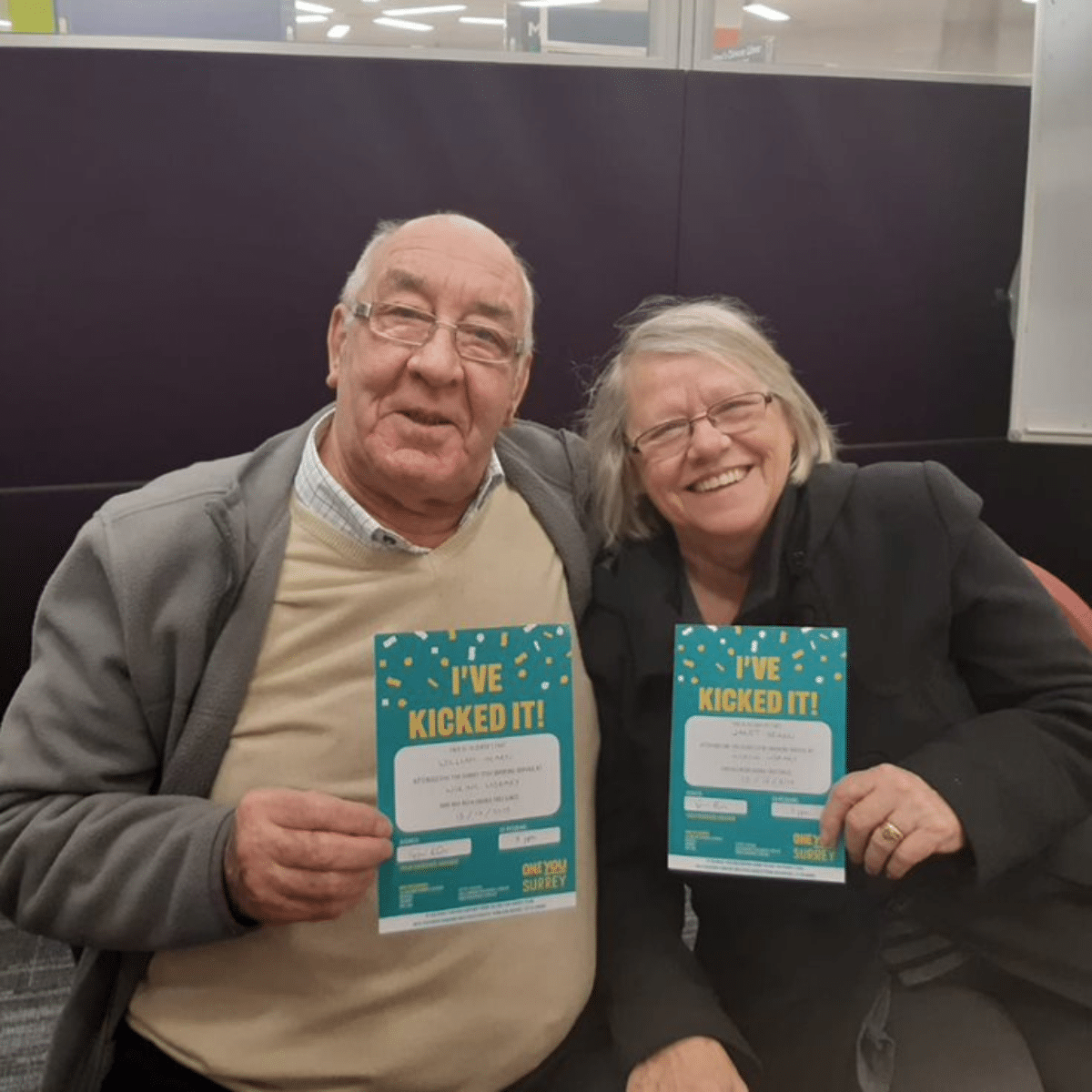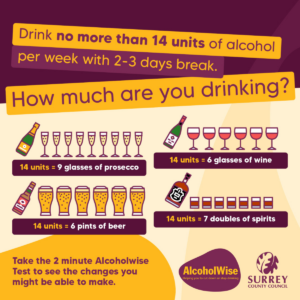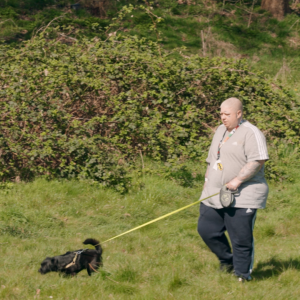Quitting smoking improves our physical health, but it’s also proven to boost our mental health and wellbeing. The sooner you stop smoking the greater the health gains but whenever you stop your health will benefit. Within minutes of your last cigarette your body begins to recover:
Set a quit date
Decide a date that you’ll commit to. Prepare for it as if it is a big day! By putting a date on the day you’re quitting, you’re giving yourself the chance to build the confidence and skills you will need to stay smokefree. Make sure the day isn’t too far away though, this gives you a chance to change your mind.
Create a smoke free environment
Make your home completely smoke free. Remove all triggers from sight such as ashtrays, lighters and cigarettes. Clean the house and remove the smell of smoke, maybe this could even be an opportunity to redecorate! Lastly, agree with any house members to commit to not smoking inside.
If you usually light up a cigarette in the car, repeat the steps above.
Alter your daily routine
Mix up your day-to-day life! Chances are, your morning routine has been the same for years now. It could be as simple as moving where your kettle is in the kitchen, so that when you go to make your morning coffee (a trigger for your cigarette) you’ll be reminded that you’re quitting.
Tell your friends and family
Quitting smoking is easier when the people in your life support you. Let them know you are planning to quit and explain how they can help you. Give them your reasons for quitting, ask them to check-in with you, think of some smokefree activities you can do together or ask family members who smoke not to smoke near you.
Discover your ‘why’
Before you actually quit, it’s important to know why you’re doing it. Do you want to be healthier? Save money? Keep your family safe? If you’re not sure, ask yourself this. What do I dislike about smoking? What do I miss out on when I smoke? How will my life get better when I quit? How is smoking affecting me and those around me? When you’ve found your why, write it down and keep it on the fridge so you can be reminded.
Keep a savings pot
Smoking costs a lot, and for many this is a great motivator to quit. But what will you do with the money you save? Try opening a savings account and set up a direct debit for what you would spend on cigarettes. Or, keep money in a jar to save up for a treat to reward yourself. The average smoker can save £36 a week by stopping smoking.
Download the free NHS Quit Smoking app
The free NHS Quit Smoking app can help you stop smoking by providing daily support and motivation. Track your progress with the savings calculator to see how much money you’re saving and earn badges to reward your progress. There’s also tips to help you manage your cravings. It’s available on the app store and google play store by searching ‘NHS Quit Smoking’.
Track your progress
A top tip from our Stop Smoking Advisors is to put a big red cross on your calendar for every smokefree day. How many crosses can you get in a row?
Regular Exercise
It’s been shown that exercise is a great way to manage your cravings. Better yet, your health will benefit as well. If you quit smoking with One You Surrey, you’ll get unlimited access to our online gym called ‘The Other Room Gym’. Meaning you can get fit without having to leave the home – all free of charge!
Find a way to deal with cravings
During withdrawal, your body is going to want nicotine. You may be tempted to smoke to relieve these feelings. Just remember that they are temporary, no matter how powerful. One of the best ways to deal with cravings is with stop smoking medication such as Nicotine Replacement Therapy.
If you experience a cravings it’s important to remember the four D’s to help manage and avoid smoking:

How can One You Surrey help me?
We are the experts in helping you successfully quit. Our service is based upon the latest behaviour change research and you’ll be supported by our team of trained advisers, all of whom are experts in the field of smoking cessation.
Getting support really boosts your chances of quitting – you’re up to three times as likely to succeed.




